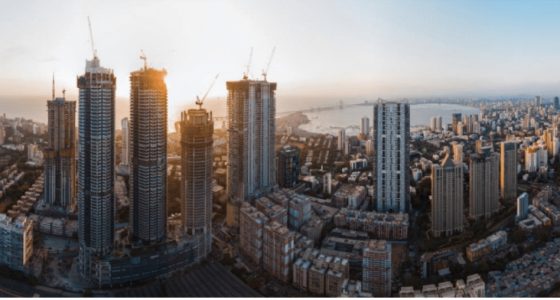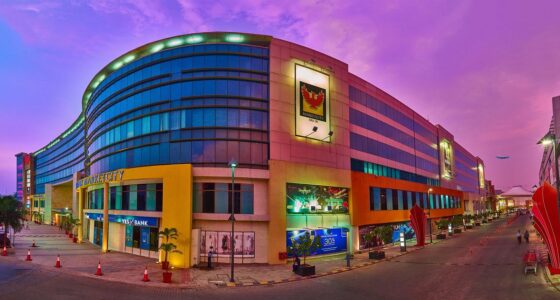96% of stakeholders agree that collaboration will be instrumental in achieving the net-zero ambitions of the built environment: JLL
82% of Indian corporations are either leading or are on the path to integrating corporate sustainability or corporate real estate strategy, says a survey conducted by JLL, the country’s premier and largest professional services firm specializing in real estate and investment management. JLL today released a report titled “The Journey towards responsible real estate.” This commitment aligns with broader real estate sustainability developments across India as buildings account for around 60% of carbon emissions in cities and decarbonizing real estate will be crucial to meeting city net-zero targets.
“How we build in the future and how we adapt our current built environment in moving towards net zero targets are critical elements for businesses as they seek to become climate-conscious, sustainability leaders. Our survey clearly shows that sustainability has become a boardroom agenda and 72% of Occupiers surveyed already have carbon emission targets set, even as a similar number are willing to pay a premium to be in sustainable buildings. Increasing obligations around waste management and recycling along with a greater push towards data sharing on energy, water, and waste are driving the push towards green leases with 90% of surveyed CRE leaders agreeing that green leases are essential to making real estate future-proof,” said Dr. Samantak Das, Chief Economist and Head of research and REIS, JLL, India
Understanding the green leases continuum in India
A recent survey of 50 CRE leaders in large corporates (more than 500 employees) across varied industry segments on green leases’ adoption in India shows an interesting set of results, indicating how occupiers are driving the shift towards sustainability. Clearly, the savings aspect around sustainability has a significant resonance among corporates but an increasing focus on being a climate change leader and a climate-conscious employer while also accelerating their net zero ambitions rank among the big motivators for the push towards green leases. 92% of the respondents also agreed that green leases were essential to get occupiers and developers/landlords working in partnership on sustainability initiatives.
As workplace and working trends undergo a shift, businesses also need to pay heed to what employees are saying with respect to sustainability. The employees are the ones driving change in all elements of the workplace, be it hybrid, sustainability, or even the definition of work itself.

The report states that 86% of surveyed workers agree that climate change is one of the biggest issues facing the world today and they expect companies to act on this challenge by proactively adopting sustainability initiatives. One in two employees believes that when exploring new job opportunities, between two equal job offers, they would choose to work for a sustainability leader. This means that a strong Environmental, Social, and Governance (ESG) reputation will undoubtedly influence future talent attraction and retention.
SDGs provide for monitoring of progress and holding corporates accountable across all ESG indicators. While non-binding, SDGs are paving the way towards all developing ESG disclosures and regulations that will form the bedrock of climate positive action. Real estate can not only bring about change through reimagining the built environment, but it can also have a positive impact on the health and well-being of employees, customers, and residents by promoting social sustainability, accessibility, inclusivity, and diversity.
Also Read: NFT in Real Estate









